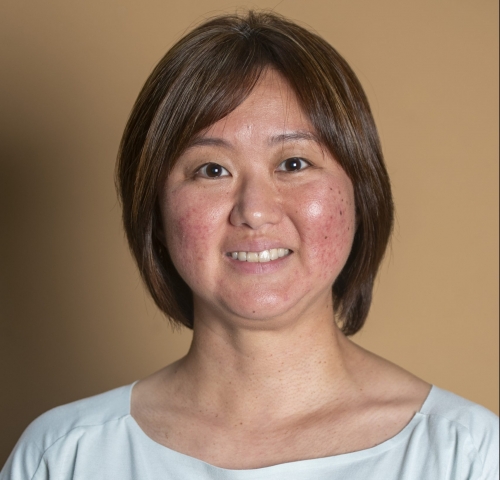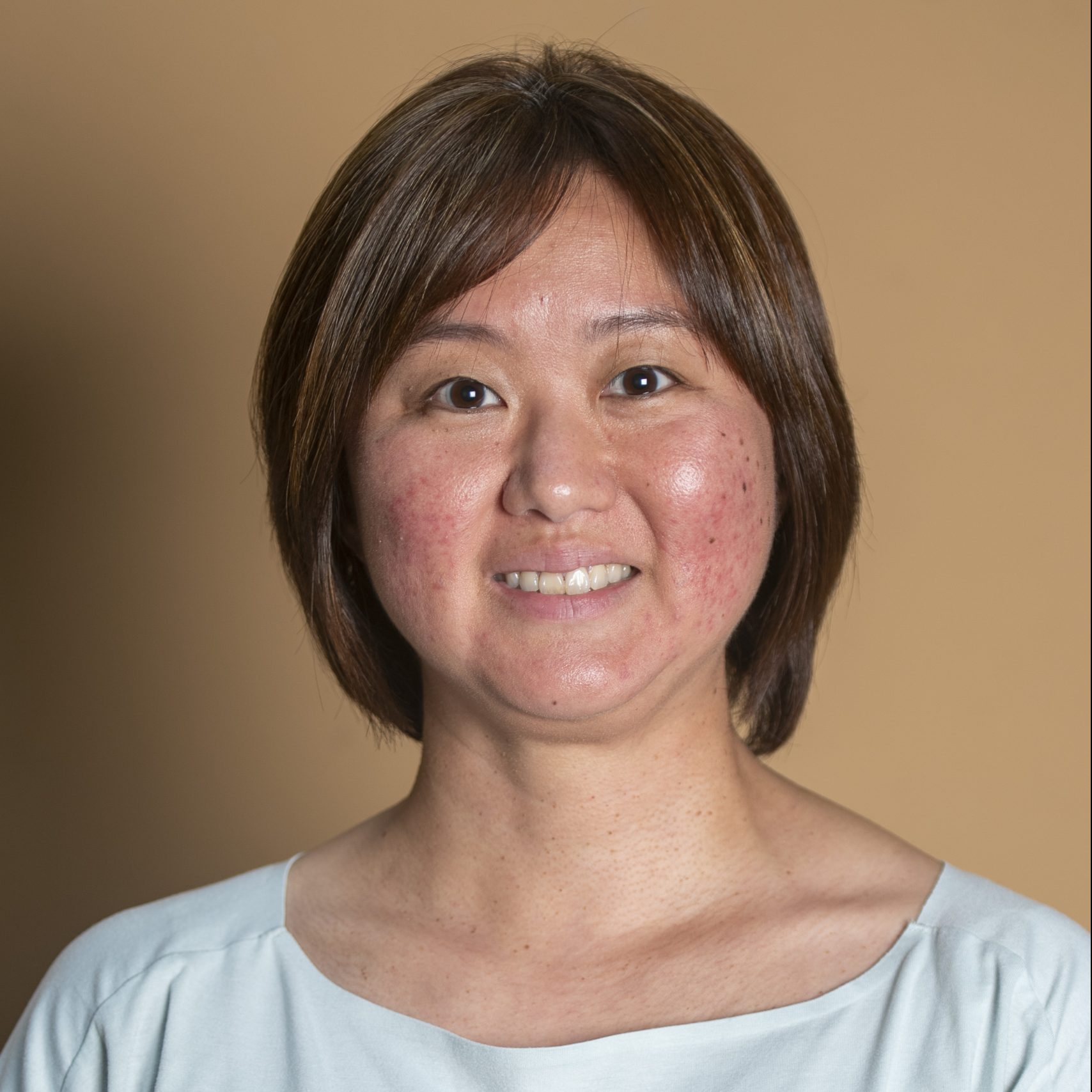
Natsuki Sasaki
The University of Sydney
I am a 2nd year PhD student at the Centre for Heart Research, the Westmead Institute for Medical Research, the University of Sydney, Sydney. Before commencing PhD, I worked for over ten years as a medical research assistant, first in cancer research and subsequently in liver gene therapy research. While I am a mother of a 4-year-old child, I have decided to start PhD and learn new skill sets (e.g., Bioinformatics analysis) to advance my career and open future options. My goal is to combine on-bench research experiences with computational statistics to contribute to and enhance the speed of medical interventions.
Can you give me a quick overview of the type of mathematics you are studying and its potential applications or outcomes?
My PhD research aim is to develop and improve gene therapy applications for treating heart disease, including heart failure. Gene therapy is a medical approach that uses ‘cargo’ to deliver the functional gene to un-functional tissues or cells in the patient and improve the symptom of diseases. In my PhD project, I am focusing on this ‘cargo’ that is the best to target delivery of the functional gene to the un-functional part of the heart. The outcome of this project would be one of the steppingstones to developing gene therapy for heart diseases.
How did you get into the mathematical sciences/bioinformatics?
I participated in the Women in STEM lunch at AMSI BioInfoSummer 2016. The panel inspired me that bioinformatics won’t choose genders and that females in this field can be equally successful as males in academics. Few of the professional panels were successful with families without the necessity of a partner’s help. It was encouraging and motivated me to get into the bioinformatics field as a female who wants a family in the future.
What advice would you give to your younger self or others wanting to studying the mathematical sciences?
I wish I could have given my younger self the advice not to fear failure and to be proactive about what I wanted to do. I would advise others that it is never too late, and it is always the right time to start when you decide what you want to do.
What was your motivation for attending AMSI BioInfoSummer?
My motivation for attending the symposium was to learn about the current research using bioinformatics, hands-on programming at the workshop, and make connections for collaboration.
I would tell a peer that the symposium is extremely helpful to go and learn the step-by-step analysis at the workshops if they are interested in specific applications. Also, we can connect for potential collaboration and ask questions on-site.
You received an AMSI BioInfoSummer travel grant to attend AMSI BioInfoSummer. How important was this in terms of your ability to attend and fully participate in the sessions throughout the week?
I am so grateful to have been supported by an AMSI BioInfoSummer travel grant to attend AMSI BioInfoSummer. It made it possible for me to ask questions of the speakers outside of a lecture room and learn programming at the workshops in person. It is incredibly effective learning compared to virtual settings regarding motivation, focus and connection with the speakers, tutors and attendees. I learnt valuable knowledge and skills from the speakers and workshop tutors throughout the week.
What was your main take away from AMSI BioInfoSummer?
The true understanding of bioinformatics is not only being able to program or use the packages, but also it requires a deep insight into the mathematics behind the coding. AMSI BioinfoSummer has taught me the mathematics of each application, how to interpret and its limitations. The symposium was extremely helpful in genuinely understanding the applications and developing the confidence to utilise and tweak them in my PhD project. At the symposium, I got many ideas to discuss with a supervisor for the 3rd year of my PhD project. I am excited to do my experiments and perform bioinformatics analysis in 2023.
Where do you want the mathematical sciences to take you? Where do you see yourself in five or ten years’ time?
I want to be a data scientist or bioinformatician in the medical field. In five years, I see myself working on high-volume multi-omics data analysis in medical research or a similar discipline. This field has a lot of potential in the public and private health and biotechnology sectors.

